PAT PILCHER takes a squiz at National’s newly-announced rural policies and finds them both anti-animal welfare and anti-environment.
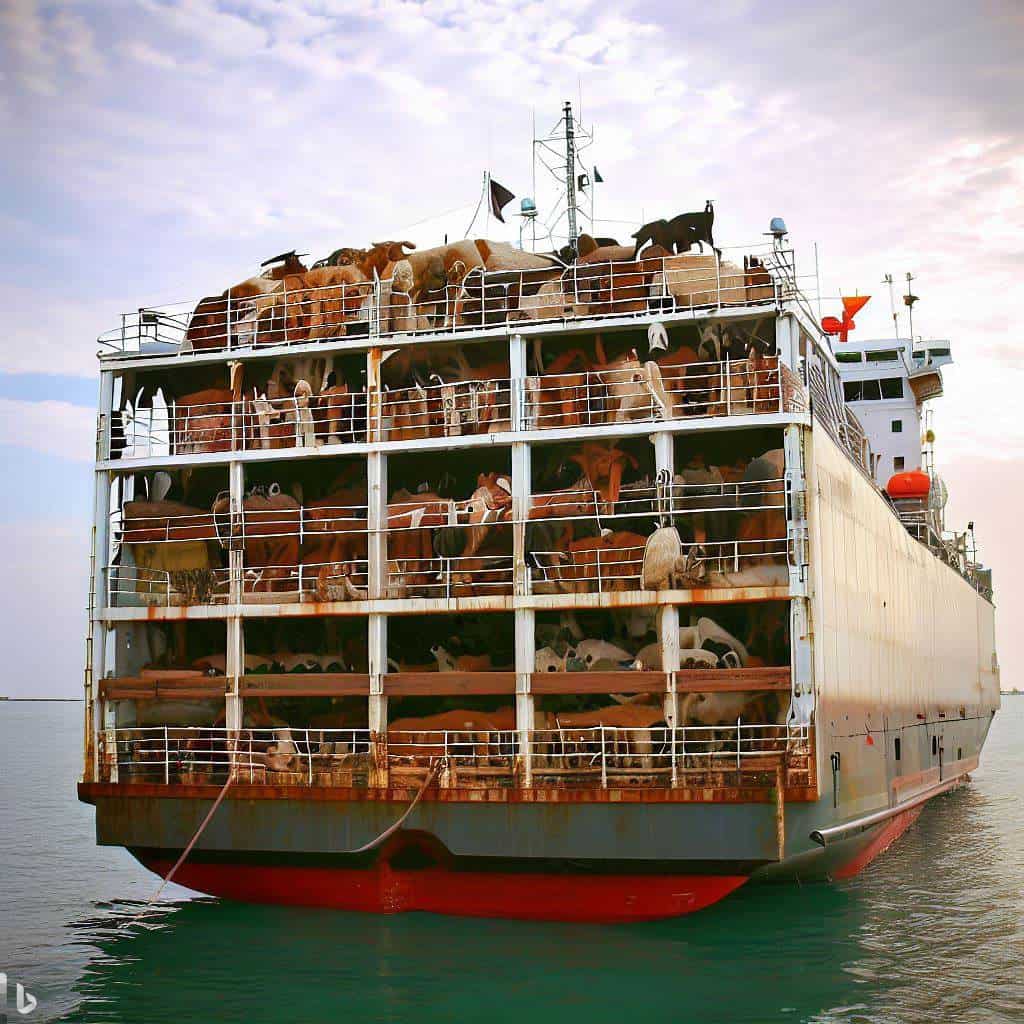
Some call economics a dismal science, but I have to disagree. Recent events show that it is clearly politics that is dismal. Take the National Party and its leader, Christopher Luxon. They may have experienced a revitalisation since he took over as party leader. only dropping once Jacinda Ardern was replaced as PM by Chris Hipkins. Still, more recent polls suggest that the National Party is recovering and could even govern if they can form a coalition with other parties.
Why is this dismal? As National began to rise again in the polls, Luxon, eager to scrape up more rural support (do any rural dwellers even vote for Labour?), announced sweeping overhauls to regulations surrounding New Zealand’s rural sector.
Would you like to support our mission to bring intelligence, insight and great writing to entertainment journalism? Help to pay for the coffee that keeps our brains working and fingers typing just for you. Witchdoctor, entertainment for grownups. Riveting writing on music, tech, hi-fi, music, film, TV and other cool stuff. Your one-off (or monthly) $5 or $10 donation will support Witchdoctor.co.nz. and help us keep producing quality content. It’s really easy to donate, just click the ‘Become a supporter’ button below.
Here’s the dismal bit. These reforms may attract some cheers from die-hard rural National supporters, but their longer-term effects have the potential to be catastrophic for New Zealand.

The proposed reforms cover areas such as banning foreign investment in farms being converted to forestry for carbon farming, allowing more RSE workers in (raising the cap from 19,000 workers to 38,000 workers annually), and crucially, restarting live exports with “gold-standard” animal welfare standards. National also says they’ll scrap two regulations for every one they introduce and form a panel to review all regulations affecting farmers. Last but by no means least, they’ll push for environmental protection in areas with “high environmental value.” However, they will allow “normal rural activities” everywhere else.
Live exports have long been a political football that has been gamed whenever possible. It was banned in 2008 but only covered exports for slaughter, while exports of live animals for breeding continued until the 30th of April 2023, when a total ban on live animal exports was put in place after a livestock ship sank in a typhoon in September 2020, killing 41 crew members and a staggering 6000 cattle.
While information on the economic impacts of the ban is scant, research reveals that the benefits of live animal exports to New Zealand’s economy are, at best, minuscule, at just 0.32% of primary sector export revenue since 2015.
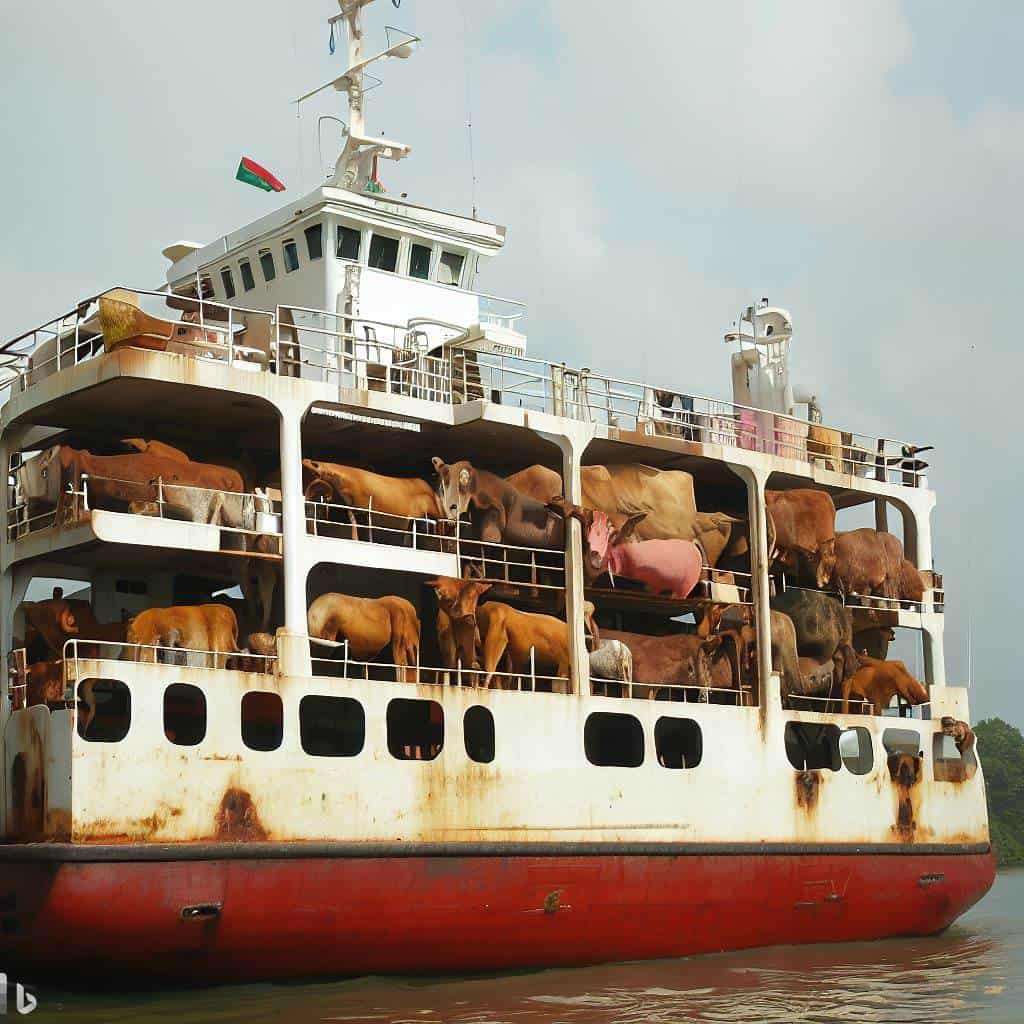
The other issue that hasn’t been discussed is the potential for economic fallout for NZ’s trade from repercussions as existing trade partners block our exports as a reaction to what they may see as gross animal welfare abuses because of live exports. While it is difficult to put hard numbers on what this could look like, if the EU, UK, and US (countries that place a sizeable premium on animal welfare and make up a substantial chunk of our trade) were to act, the results could be disastrous.
Consider this if you have any doubts about the appalling levels of animal welfare on live animal exports. Figures from the US Department of Agriculture and Water Resources indicate that over 2.5 million animals have died on live-export ships before reaching their destination, and New Zealand has no control over how those animals are treated at their destination. So much for so-called “gold standard” welfare. Unsurprisingly, the UK’s RSPCA has also stated that they believe live animal exports are unnecessary.
If that isn’t enough to get you asking yourself some hard questions, read this harrowing account of a vet’s life aboard a live animal export ship It isn’t for the faint-hearted.
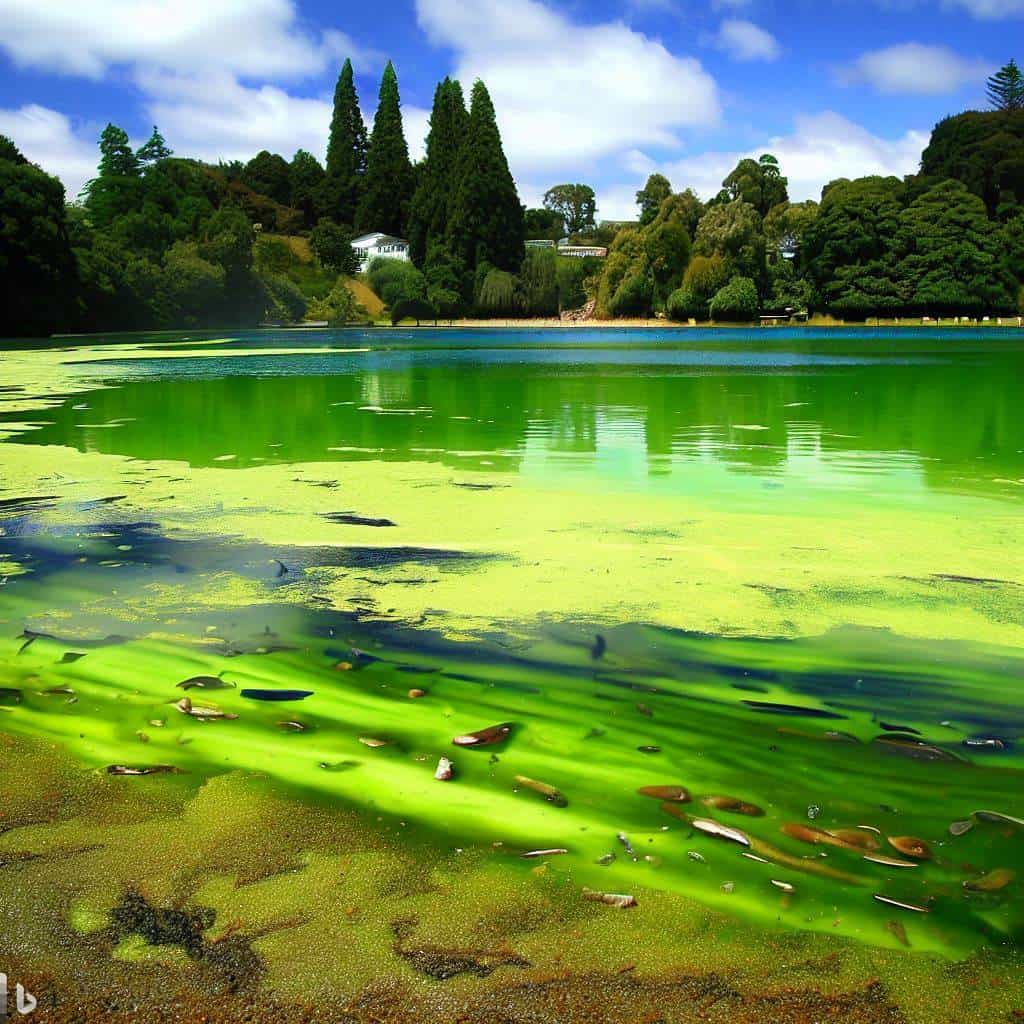
In a recent Newshub interview, Nichola Griggs, National’s agricultural spokesperson and Selwyn MP, tried to defend the moves. Still, most of her attempts were quickly shot down, revealing the policies as poorly thought through.
Then there’s the environment. New Zealand trades heavily on its clean and green image both as a producer of clean food and for tourism. However, alarm bells are sounding about New Zealand’s waterways due to increasing pollution caused by rural land use, industrial use, and urban development. According to a government report, 60% of the country’s rivers carry pollution above acceptable levels. Over 80% of low-lying lakes and rivers surveyed are “poor” or “very poor.” A 2014 report by the Environment Ministry found that 60% of lakes and rivers are too polluted for swimming. Let that sink in for a minute. That’s 60% of our lakes and rivers too toxic to swim safely!
Yet the Nats want to give farmers carte blanche as phosphate run-off and animal waste continue to make our waterways toxic. Unsurprisingly, environmentalists slammed the proposed policies in a recent RNZ story. Greenpeace’s climate and agriculture campaigner Christine Rose said National’s policies are “ridiculous”, and that recent testing in Southland had revealed drinking water with nitrate levels twice the national standard. If you’re wondering why nitrate levels are such a big issue, a longitudinal study found that high nitrate levels in water supplies are closely linked to bowel cancer.
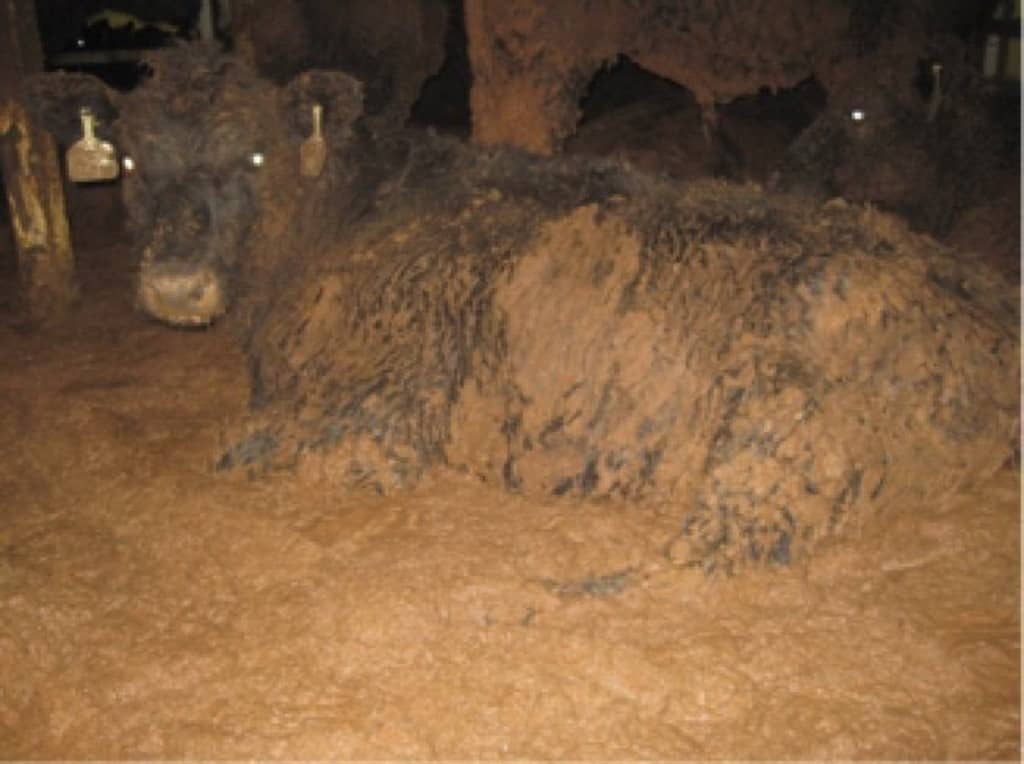
The Green Party’s Eugenie Sage also took issue with the National Party’s proposed reforms. She says that banning two old regulations for every new one “suggests that National is going to roll back a lot of our environmental regulations… All of those regulations are about ensuring that nature survives, thrives, and not is just exploited to maximise farm production”.
I don’t know about you, but cooling off in their local river or lake should be a part of every kiwi kid’s childhood in New Zealand, just as safe drinking water should be. New Zealand also shouldn’t be a place that condones and institutionalises such shocking animal welfare practices.
While Luxon might grab a few more rural votes, what is the price we’re all going to pay for these reckless policies that appear to be little more than a vote grab of a demographic that is already National-leaning? We at Witchdoctor urge you to park your politics, look at these policies, and ask yourself what your conscience thinks.








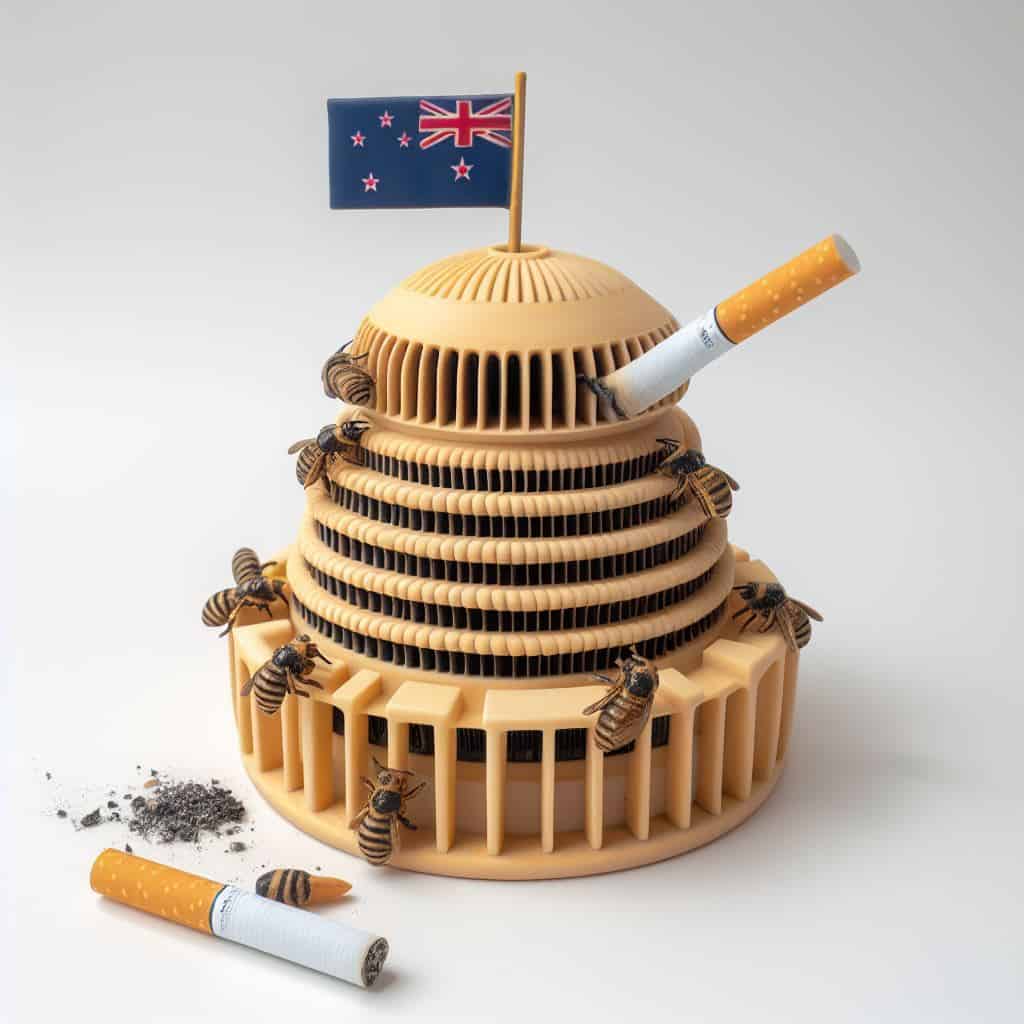


Well said thank you. Singer’s crossed they don’t get the numbers in October.
NB Eugenie Sage is a “her”;
‘ The Green Party’s Eugenie Sage also took issue with the National Party’s proposed reforms. He says that banning two old … ‘
Phil,
Thankyou! and yes corrections have been made!
I assume that most of the “photos” you’ve used are AI generated – that’s fine but you should say that otherwise it detracts from your message.
Thankyou Billy, the last image was taken aboard an Australian live export ship by their vet, otherwise yes they are AI generated, hence the BING watermark on the corner of each image. I’ve also updated each image caption to reflect this